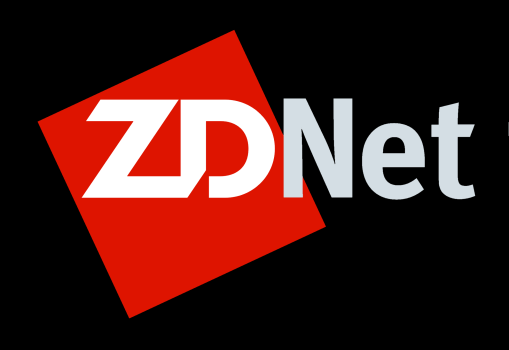K
Kathleen Martin
Guest
Artificial intelligence is only a tool, but what a tool it is. It may be elevating our world into an era of enlightenment and productivity, or plunging us into a dark pit. To help achieve the former, and not the latter, it must be handled with a great deal of care and forethought. This is where technology leaders and practitioners need to step up and help pave the way, encouraging the use of AI to augment and amplify human capabilities.
Those are some of the observations drawn from Stanford University's recently released report, the next installment out of its One-Hundred-Year Study on Artificial Intelligence, an extremely long-term effort to track and monitor AI as it progresses over the coming century. The report, first launched in 2016, was prepared by a standing committee that includes a panel of 17 experts, and urges that AI be employed as a tool to augment and amplify human skills. "All stakeholders need to be involved in the design of AI assistants to produce a human-AI team that outperforms either alone. Human users must understand the AI system and its limitations to trust and use it appropriately, and AI system designers must understand the context in which the system will be used."
AI has the greatest potential when it augments human capabilities, and this is where it can be most productive, the report's authors argue. "Whether it's finding patterns in chemical interactions that lead to a new drug discovery or helping public defenders identify the most appropriate strategies to pursue, there are many ways in which AI can augment the capabilities of people. An AI system might be better at synthesizing available data and making decisions in well-characterized parts of a problem, while a human may be better at understanding the implications of the data -- say if missing data fields are actually a signal for important, unmeasured information for some subgroup represented in the data -- working with difficult-to-fully quantify objectives, and identifying creative actions beyond what the AI may be programmed to consider."
Complete autonomy "is not the eventual goal for AI systems," the co-authors state. There needs to be "clear lines of communication between human and automated decision makers. At the end of the day, the success of the field will be measured by how it has empowered all people, not by how efficiently machines devalue the very people we are trying to help."
The report examines key areas where AI is developing and making a difference in work and lives:
Discovery: "New developments in interpretable AI and visualization of AI are making it much easier for humans to inspect AI programs more deeply and use them to explicitly organize information in a way that facilitates a human expert putting the pieces together and drawing insights," the report notes.
Continue reading: https://www.zdnet.com/article/artificial-intelligence-success-is-tied-to-ability-to-augment-not-just-automate/
Those are some of the observations drawn from Stanford University's recently released report, the next installment out of its One-Hundred-Year Study on Artificial Intelligence, an extremely long-term effort to track and monitor AI as it progresses over the coming century. The report, first launched in 2016, was prepared by a standing committee that includes a panel of 17 experts, and urges that AI be employed as a tool to augment and amplify human skills. "All stakeholders need to be involved in the design of AI assistants to produce a human-AI team that outperforms either alone. Human users must understand the AI system and its limitations to trust and use it appropriately, and AI system designers must understand the context in which the system will be used."
AI has the greatest potential when it augments human capabilities, and this is where it can be most productive, the report's authors argue. "Whether it's finding patterns in chemical interactions that lead to a new drug discovery or helping public defenders identify the most appropriate strategies to pursue, there are many ways in which AI can augment the capabilities of people. An AI system might be better at synthesizing available data and making decisions in well-characterized parts of a problem, while a human may be better at understanding the implications of the data -- say if missing data fields are actually a signal for important, unmeasured information for some subgroup represented in the data -- working with difficult-to-fully quantify objectives, and identifying creative actions beyond what the AI may be programmed to consider."
Complete autonomy "is not the eventual goal for AI systems," the co-authors state. There needs to be "clear lines of communication between human and automated decision makers. At the end of the day, the success of the field will be measured by how it has empowered all people, not by how efficiently machines devalue the very people we are trying to help."
The report examines key areas where AI is developing and making a difference in work and lives:
Discovery: "New developments in interpretable AI and visualization of AI are making it much easier for humans to inspect AI programs more deeply and use them to explicitly organize information in a way that facilitates a human expert putting the pieces together and drawing insights," the report notes.
Continue reading: https://www.zdnet.com/article/artificial-intelligence-success-is-tied-to-ability-to-augment-not-just-automate/

